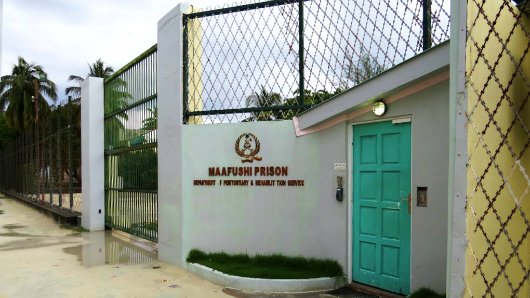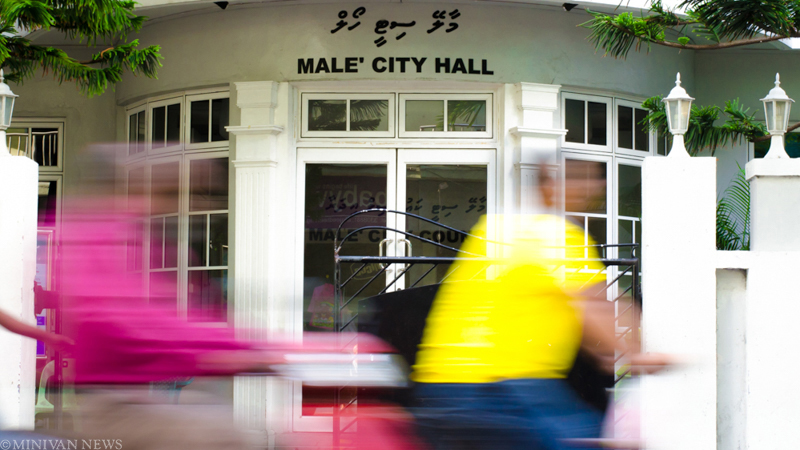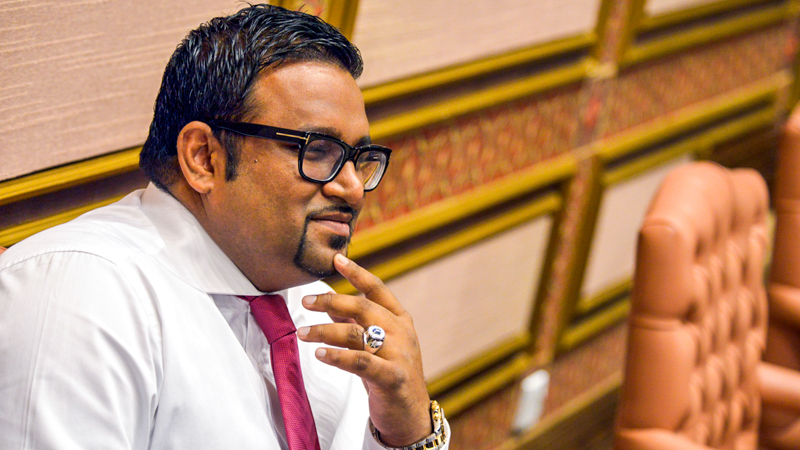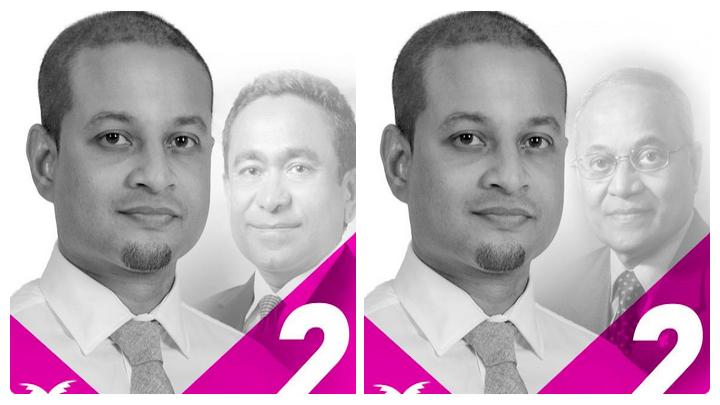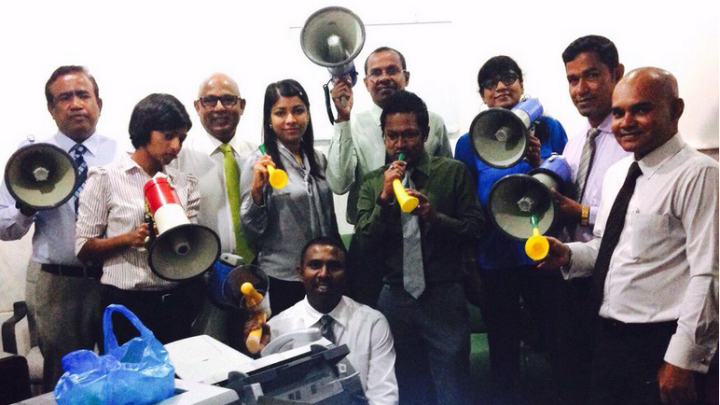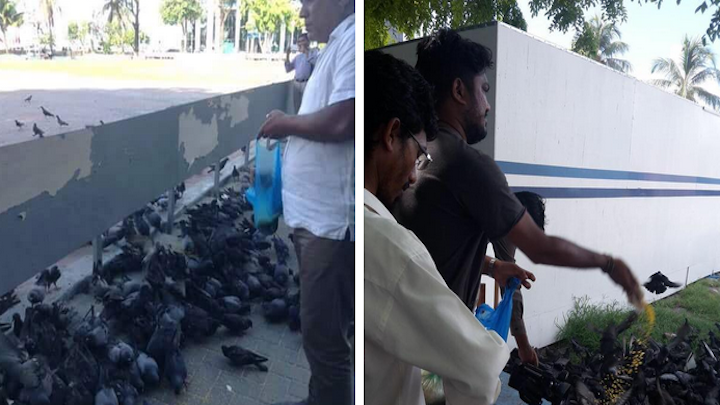The parliament has granted powers to the tourism ministry to authorise developments on resorts in a move critics say will weaken the environment protection regime, and pave the way for corruption.
Amendments to the tourism law passed today transfers to the tourism ministry the Environment Protection Agency’s (EPA) powers to evaluate environmental impact assessments (EIAs) and authorise projects such as land reclamation. The agency functions as an independent body under the environment ministry.
Voting on the bill submitted by government-aligned MP Mohamed Ismail took place amid continuing protests by opposition Maldivian Democratic Party (MDP) MPs.
It was passed with 41 votes in favour after Speaker Abdulla Maseeh Mohamed asked for a show of hands.
If the amendments are ratified, resorts will have to seek authorisation from the tourism ministry for any development that could “permanently alter” the island, plot of land, or lagoon’s environment. The ministry must evaluate an EIA report before issuing permission.
EPA permanent secretary Ajwad Musthafa told the economic affairs committee during its review of the legislation last week that “the independent checks and balances system will be lost” if the regulatory powers are transferred to the tourism ministry.
The move amounts to allowing the tourism ministry to “self-regulate,” he contended.
The EIA process is the “main instrument” of the environment protection regime and adheres to international best practices, he said, noting that the reports are prepared by independent and qualified consultants.
Ajwad also objected to transferring technical experts to the tourism ministry as the agency’s “institutional capacity” was built up over a long period.
EPA director Miruza Mohamed meanwhile warned that the move could reduce funding from international donors.
However, the ruling party says “making the services available under one roof would ease the burden on investors, speed up services, and improve investor confidence.”
The involvement of other ministries and institutions in regulating resorts hinders the tourism ministry and “lowers investor confidence”.
The new provisions state that “only the tourism ministry will have the authority” to conduct assessments and authorise development projects.
The tourism ministry will also have the power to impose fines not exceeding US$5 million for violations.
Transparency and accountability
Environmental NGO Ecocare warned that the move conflicts with the environment protection law – which requires the EPA to evaluate assessments – and could “pave the way for corruption”.
“Under this particular scenario we also feel that when EPA assess and evaluates EIA reports, it is a more transparent practice than leaving this to the Tourism Ministry, who carry out the evaluation and awarding of bids for tourist resorts,” Ecocare said in a press release today.
The current system put in place by the Environment Protection and Preservation Act includes checks and balances and assures transparency and accountability, Maeed Mohamed Zahir from Ecocare told Minivan News today.
With the changes to the law, an unscrupulous official at the tourism ministry can grant approval “regardless of the effect on the environment,” he said.
Opposition Maldivian Democratic Party (MDP) MP Fayyaz Ismail said at the committee last week that the tourism ministry presently “discriminates” in issuing and suspending operating licenses to resorts.
Fayyaz warned that officials could misuse the authority to approve development projects on resorts and selectively impose fines at whim.
MP Ali Fazad, a ruling Progressive Party of Maldives MP, also expressed concern with the amendments conflicting with the existing environment law as “two laws would have two [provisions] for the same thing”.
However, all ruling coalition MPs on the committee voted in favour of the bill and forwarded it to the parliament floor.
The law also introduces a new scheme to allow the extension of resort leases to 99 years for a lump sum payment of US$5 million.
The changes aim to incentivise investors, make it easier to obtain financing from international institutions, and increase revenue for the government.
To be eligible for a lease extension, a resort property must be operational with an existing lease period of 50 years and must not owe money to the government.
Under the current Tourism Act, the maximum lease period for resorts or hotels is 50 years. However, the constitution allows leases up to 99 years.
Likes (3)Dislikes
(3)Dislikes (0)
(0) 